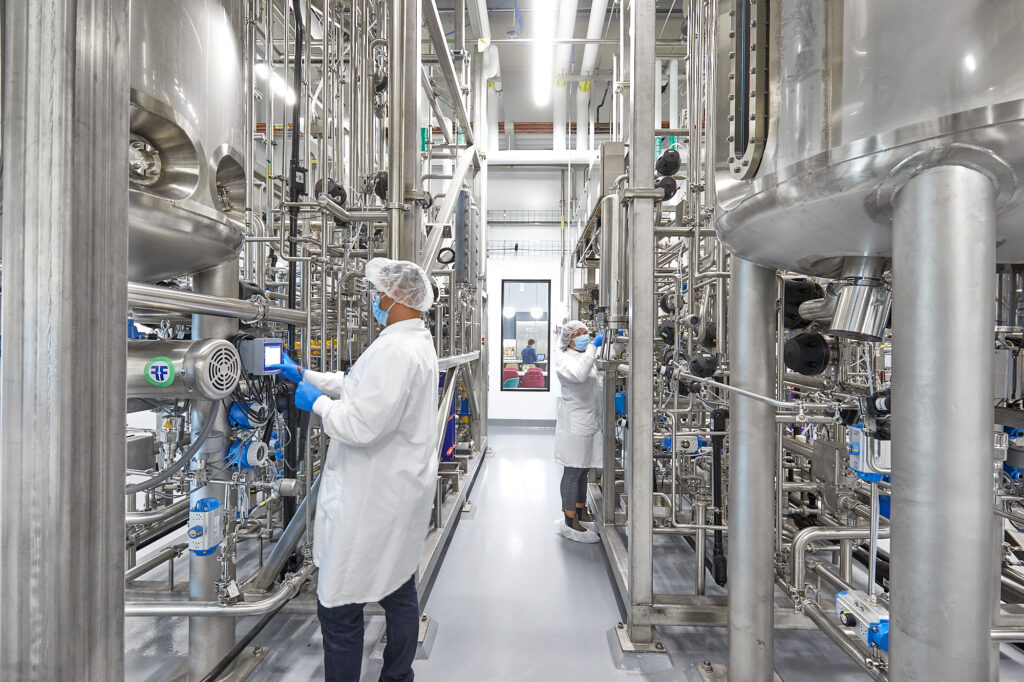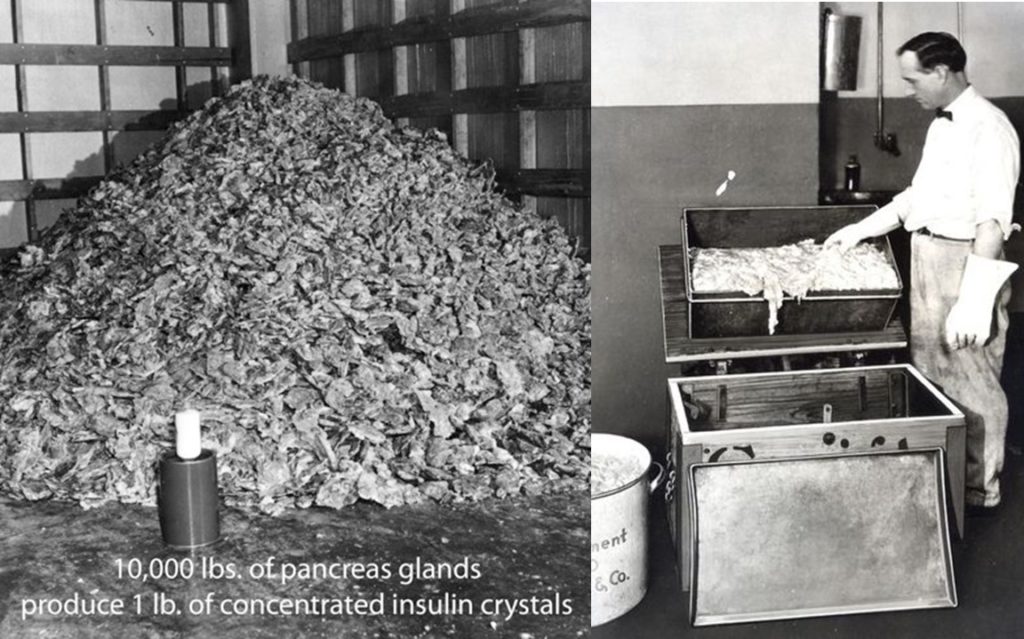Cell-based meat approved in the US for the first time ever
Earlier this week it was announced that the United States Food and Drug Administration (FDA) has declared UPSIDE Foods’ cultured chicken safe to eat. This approval came in the form of a No Questions Letter from the FDA in response to the application for GRAS, or Generally Regarded as Safe, status submitted by UPSIDE Foods. …
Cell-based meat approved in the US for the first time ever Read More »










